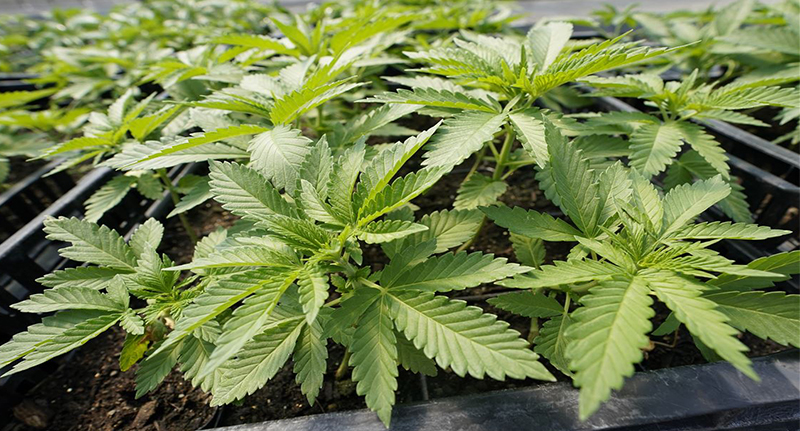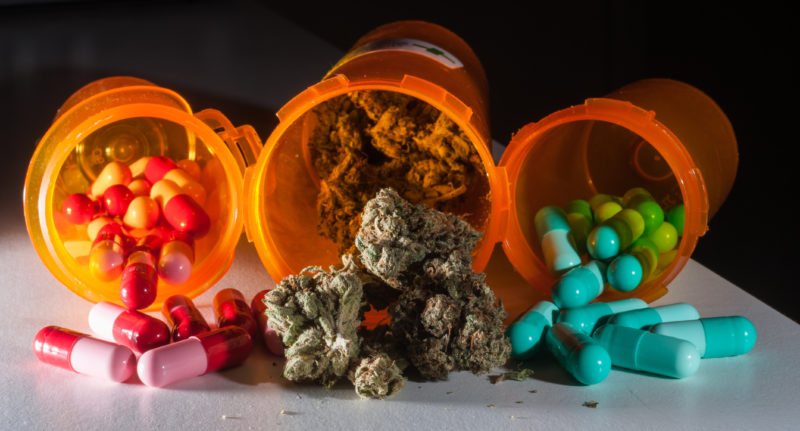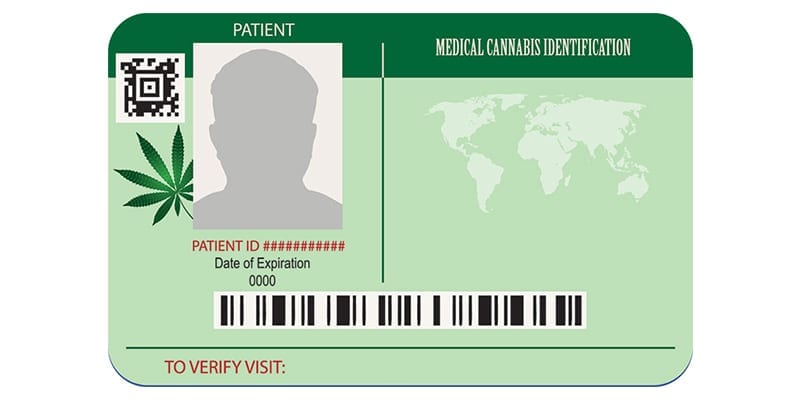Help for Drug Addiction: Is Cannabis the Answer?
What is the role of cannabis in giving help for addiction? Using one substance in place of another, as help for drug addiction, typically puts recovery into jeopardy. In fact, many organized recovery programs, like Alcoholics Anonymous, actively disapprove of using cannabis to overcome ‘hard drugs,’ like opioids or meth. […]
Cannabis as Medicine: Their Pills Made Me Suicidal
The pharmaceuticals were altering my mind, but using cannabis as medicine changed everything. Editor’s Note: Any testimonials or endorsements found on this site are for anecdotal purposes only. The information in Rxleaf testimonials is not intended as direct medical advice, nor should it be relied upon as a substitute for […]
Minor cannabinoids making major inroads targeting specific medical conditions
New information and research about minor cannabinoids – among the 100-200 that have been identified – is helping treat different health and wellness conditions and allowing cannabis companies to sell a wider variety of products. The products go beyond the typical THC and CBD offerings currently on store shelves, and […]
Paul Amentano: The dark origins of the war on marijuana
The initial push for cannabis criminalization, which began in earnest more than a century ago, had little to do with public health or safety. Instead, the move to criminally prosecute cannabis users was based primarily upon sensationalism and xenophobia. For instance, a July 6, 1927 story published in the New […]
STUDY: DAILY CANNABIS USE AMONG PAIN PATIENTS ASSOCIATED WITH LESS NON-PRESCRIPTION OPIOID USE
Patients suffering from persistent pain conditions who frequently use cannabis are far less likely to use non-prescription opioids, according to longitudinal data published in the journal PLOS One. A team of investigators from Canada and the United States assessed drug use trends in chronic pain patients over a multi-year period […]
IT’S TIME TO TREAT MEDICAL CANNABIS LIKE MEDICINE
In fall 2013, when other parents were trading stories about the difficulties of balancing homework with little league practice and swimming lessons, I was in my garage, painstakingly measuring amounts of a Schedule 1 narcotic to extract medication for my son. Tinkering with lab equipment and solvents usually only found […]
WHAT ARE THE BENEFITS OF A MEDICAL CANNABIS CARD IN LEGAL STATES?
As states across the nation begin to fully legalize adult-use cannabis, many may be wondering what this means for the medical cannabis dispensaries and card holders. What does it mean to be a medical cannabis patient in a world where anyone can walk into a recreational dispensary, present their state […]







